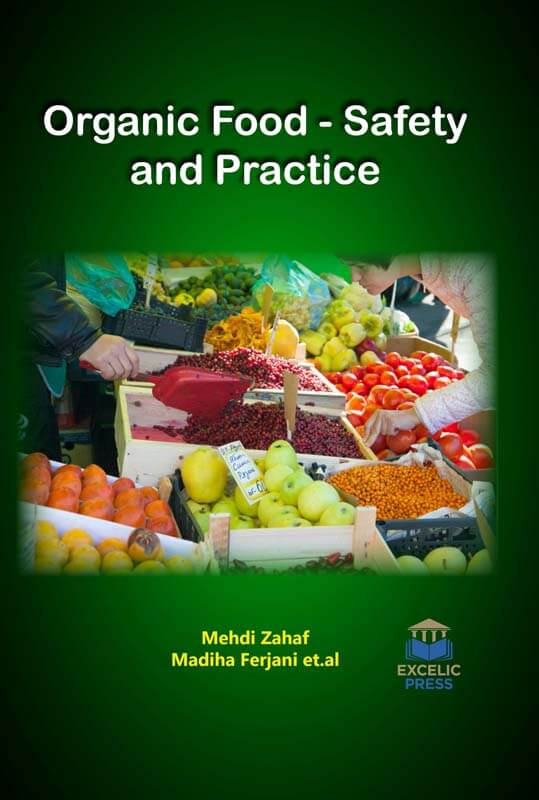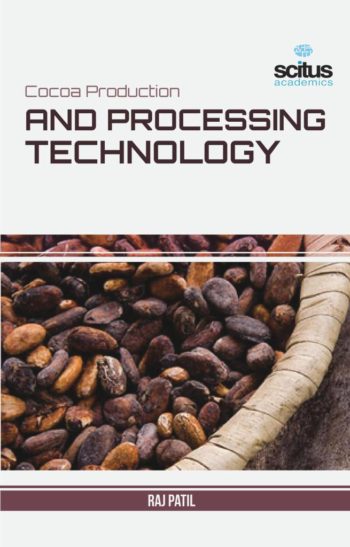Increased globalization of food systems, large-scale production and distribution, and retail sales have changed the way food is produced and consumed. The dis-embedded globalized system is characterized by “industrial food” and not well-informed food choices. This has also created many concerns with respect to food safety, food security, health, and sustainability. Organic farming, which essentially excludes the use of many inputs associated with modern farming, most notably synthetic pesticides and fertilizers, is becoming more and more popular worldwide. Consumer’s awareness of the relationship between foods and health, together with environmental concerns, has led to an increased demand for organically produced foods.
This book covers the integrated approach of organic agriculture practice and food production, including sustainable agriculture, food security, environmental studies, nutrition, and health. Food alternatives are developing leading to embedded localized systems. These “alternative food” options include labels such as local, natural, pesticide-free, ecologically friendly, slow food movement, and localvores. The traditional marketing approach and specifically consumer marketing theory are not sufficiently prepared to handle the advent of new types of consumers. The current knowledge regarding the effects of organic food on health is unclear. In this book, we have focused to yield a consolidated knowledge of health-related aspects of organic food. The book moves to focuses on possibilities to improve the quality of meals in public, especially school catering facilities. It presents the options for diet modifications towards sustainable use of organic foods, local and seasonal food by optimizing portions of meat and meals prepared for fresh ingredients. From an economic, environmental and nutritional point of view, evaluation and comparison of the original and optimized meals can contribute to more efficient use of foods and motivate staff in public catering facilities to comprehensive food assessment. The information contained in the book has indicated the importance of the farming systems and genotype on sensory and biochemical characteristics. To produce organic food, it is necessary to use inputs and methods that improve the ecological equilibrium of natural systems. This happens because the organic vegetable is grown without pesticides, herbicides, highly soluble fertilizers, and genetically modified organisms. The value of the organic product is not only in the product itself but also in its production process. This book reveals the importance of tomato cultivars on their quality. We hope that our book will assist students and researchers from around the globe to gain new and remarkable results in the domain of organic farming and food production.














Reviews
There are no reviews yet.